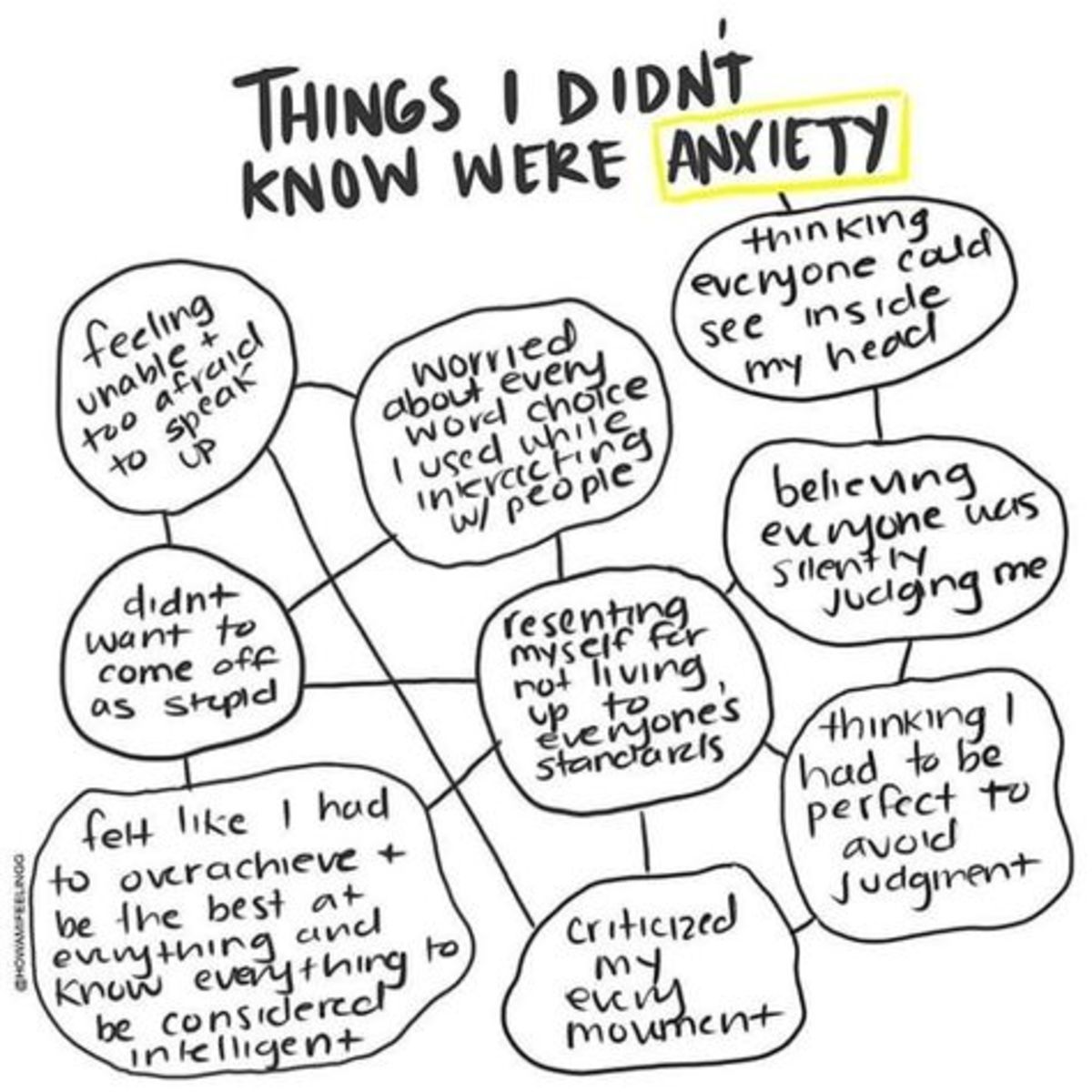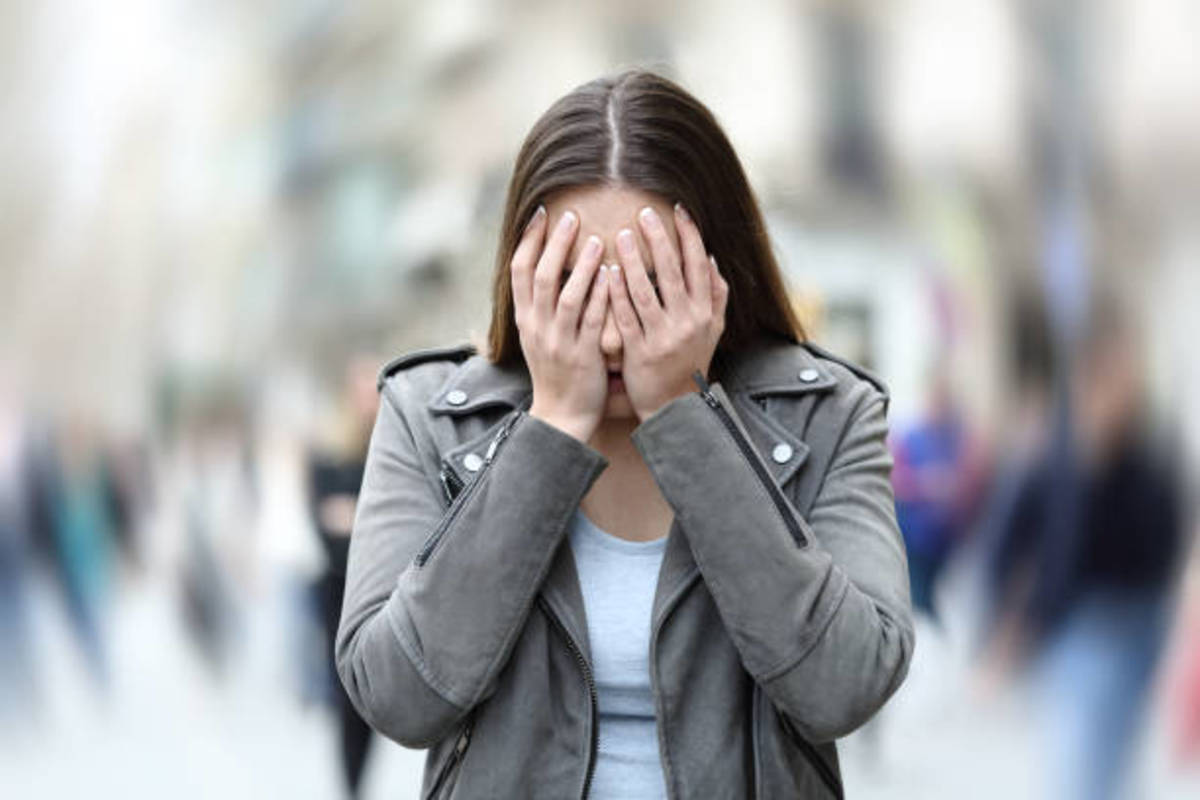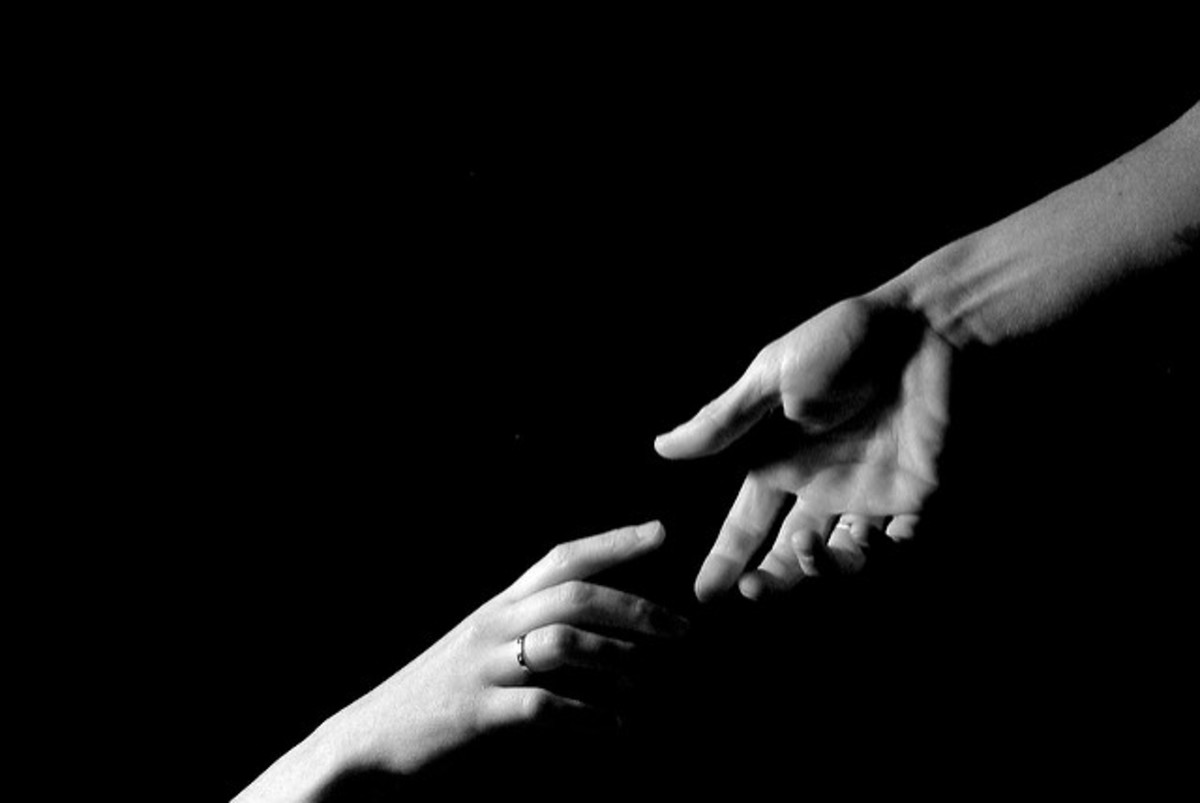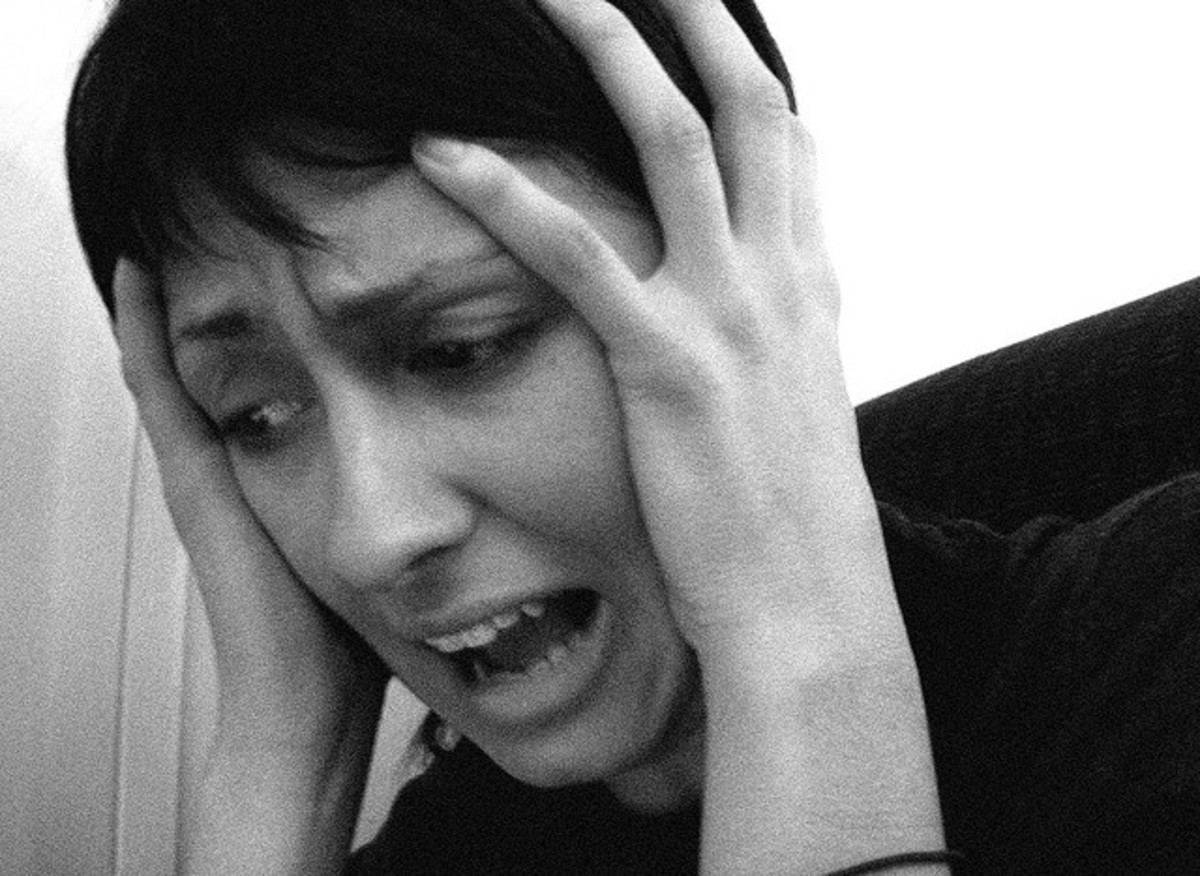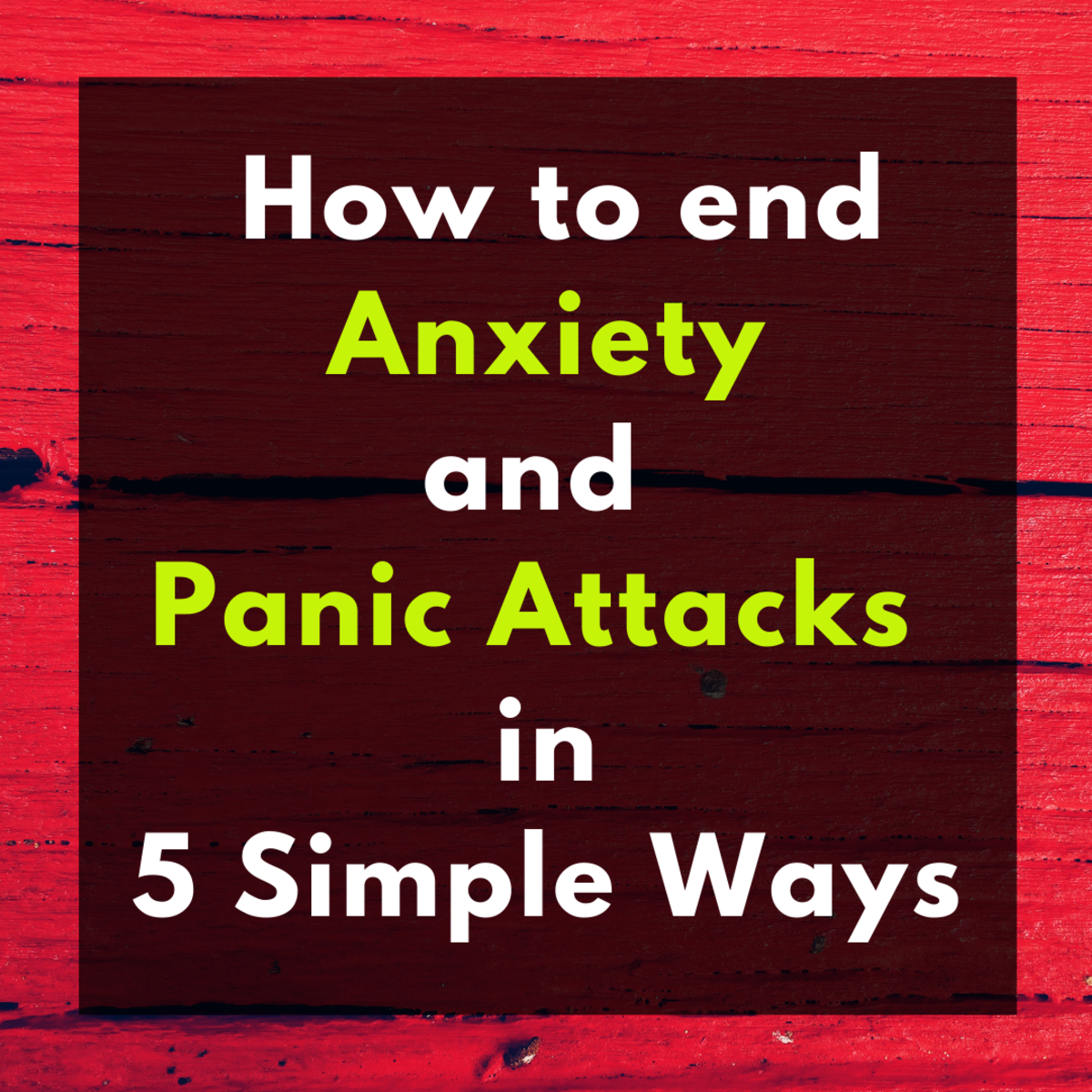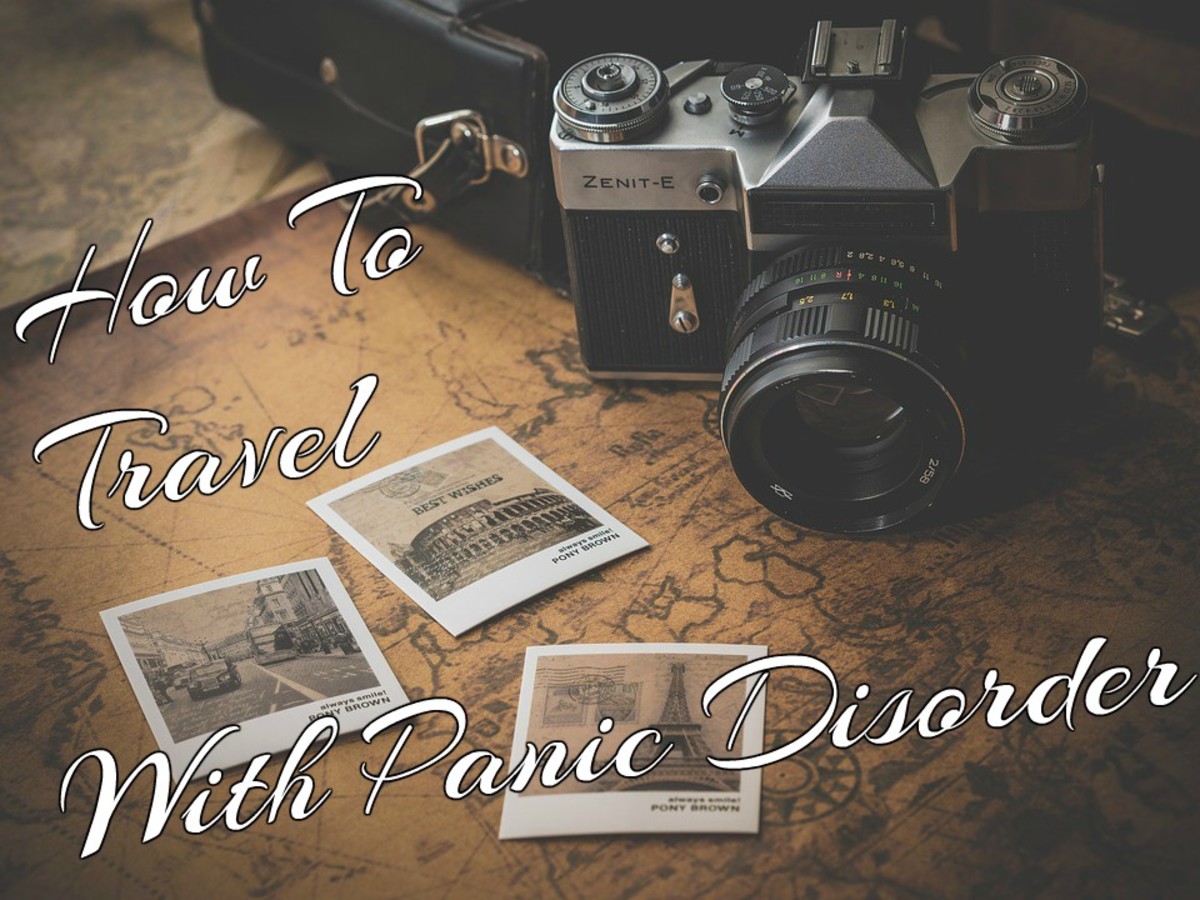- HubPages»
- Health»
- Mental Health»
- Anxiety Disorders
How to Help Your Child With Anxiety Issues
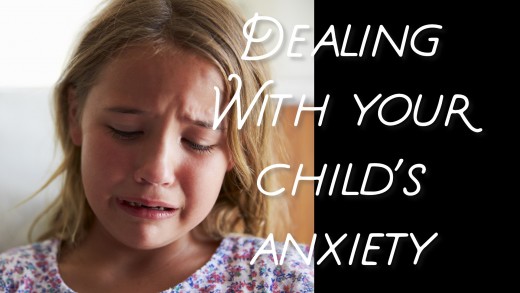
How do You Know When Your Child is Becoming Anxious?
Children suffer with anxiety as we as adults suffer with the condition. I am coming at this with personal experience with anxiety and also experience of a child with anxiety. My niece suffers from it and the family have had to learn how to deal with her panic and anxiety in the best way for her.
When your child starts becoming anxious it's easy to think they are just acting up, or they are being dramatic as kids often are for no good reason. We were all a bit guilty of dismissing my niece in this way at first. We told her to calm down or stop being silly. Both of which seem such ignorant responses now.
If she found something to be traumatic, she would remember it and if any situation arose where that event might happen again (even though it wouldn't have) she'd go into a panic. I mean a full on panic. We'd have to get her to breath into a paper bag or just calm her by getting her to slow her breathing if no paper bag was at hand.
She'd try so hard to fight it which was heart breaking to see. She'd start counting or look like she was concentrating to the maximum capacity of her brain. The anxiety started when she was just five years old.
How Can You Tell The Difference Between Drama and Anxiety?
I'd say, you know your own child. Anxiety lasts way longer than a bit of drama and forced tears. Panic is something different again. A panic attack is when you're fight or flight mechanism kicks in and your adrenaline races around your body at a rate of knots. You child might complain of feeling sick, having a stomach ache, they might be sweating, struggling to breath steadily and they might be quite red in the face or very pale all of a sudden.
If anxiety has kicked in they might go very quiet all of a sudden. They might look scared and they might become tearful.
Anxiety can be caused by anything or nothing.
What Can Bring on an Anxiety Attack
Anything. Literally anything can bring one on and they can appear spontaneously with little or no warning.
My niece suddenly thought that she wasn't swallowing correctly and she began panicking that she was going to choke. When your anxious child's attention goes to something otherwise normal and every day, they can lose perspective and it becomes frightening for them.
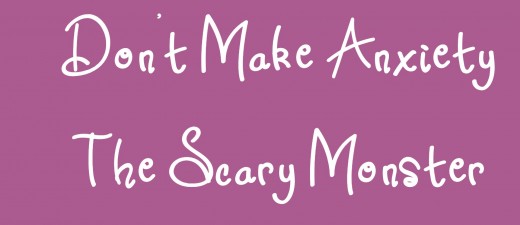
How Should You Deal With Your Anxious Child?
There are lots of theories here. My sister-in-law simply explained to my niece that she was suffering from anxiety and took her to the doctor for some advice. In fact the GP was worse than useless on this occasion and told her not to worry about it! Not all doctor's would be so careless with their words though I'm sure.
Once she understood it was anxiety, that there was a name for it she came up with a plan to deal with it herself. I should point out that she is still only eight years old, but she has a very old head on her. I'm not sure many other young children would be able to deal with it in this way, and in fact I was unsure that giving it a name was such a good idea, but it worked for her.
She counts to ten when she gets and attack and if she's feeling anxious she goes very quiet still and I can see she is struggling. She doesn't want intervention however, she deals with it like a pro!
If your child in suffering panic and anxiety they may not want to know it's a thing, but they will want a technique to deal with it. I find it goes when I don't fight with it. I let it in and simply don't engage with it until it subsides. As I've said in other articles, fighting with anything causes conflict.
Don't make it a monster. Don't say it's something other than them. By that I mean, if you make it out to be the big bad wolf then that is what it will forever be. What you don't want to do is to make your child terrified of it and unable to cope when an attack rears it's head.
Be gentle with your child and DO seek advice from your GP. There is help out there if you ask for it.

